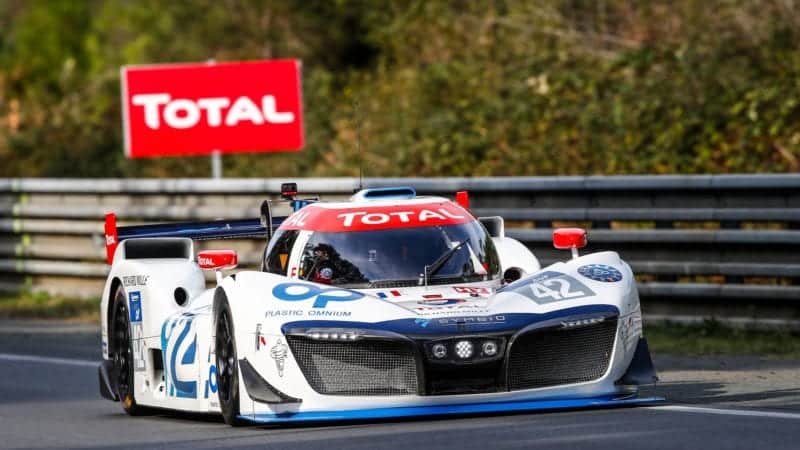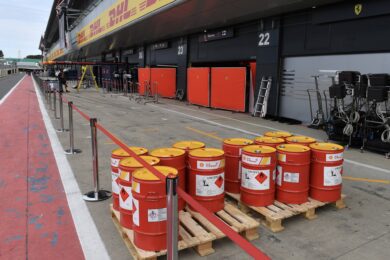Cowell was Managing Director of Mercedes-AMG High Performance Powertrains, which designed and upgraded the seven-time championship-winning hybrid unit until he left at the beginning of this year.
He said that the hybrid technology was already benefiting road cars, but that the series would be less relevant to car manufacturers as they increasingly focus on battery vehicles.
Formula 1 plans to continue using combustion engines, powered by synthetic e-fuels, which are made by harvesting carbon dioxide from the air, using wind or solar power, for carbon-neutral performance.
The technology is likely to benefit other industries, said Cowell, raising the prospect of teams being funded by the likes of P&O or British Airways.
“Cars will be different, mainly EVs,” he said. “In the short term, the internal combustion engine will continue to be used. The aviation and heavy-duty industries do not yet have an electric solution.
“How about this as a crazy thought of what Formula 1 could have as a power train for the future: It still uses a fuel — a petrol type hydrocarbon — but it must be manufactured from carbon that has been captured from the atmosphere and not pumped out of the ground.
“The powertrain and the vehicle should have technical regulations that are more closely aligned with industries that will benefit from the technical solutions that are raised, consciously saying that it’s not the automotive industry, It might be other industries that can benefit from what’s going on with Formula 1.”


